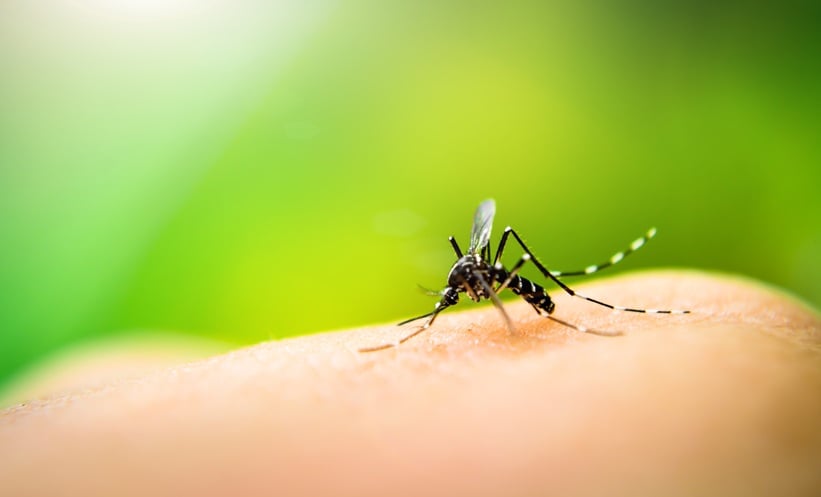A NEW study from Southeast Europe reveals important insights into the prevalence of four arboviruses, highlighting diagnostic challenges and regional transmission patterns clinicians should be aware of.
Researchers conducted a detailed analysis of data from the MERMAIDS-ARBO study, which observed adults hospitalised with arbovirus-like illnesses across 21 hospitals in seven countries between May and October during the 2016–2019 arbovirus seasons. The study aimed to determine the prevalence of Crimean-Congo haemorrhagic fever virus (CCHFV), tick-borne encephalitis virus (TBEV), Toscana virus, and West Nile virus (WNV). Given known diagnostic difficulties, a refined algorithm that accounted for timing and completeness of serological samples was used. Serum samples were collected at four intervals up to 60 days after admission and tested using a combination of ELISAs, immunofluorescence assays, microarrays, virus neutralisation tests, and PCR. Geographic and demographic trends in virus reactivity were also assessed.
Out of 2,896 patients screened, 913 met inclusion criteria, and 863 had samples suitable for laboratory analysis. Incomplete sampling or unclear timing was common, with 70% missing one or more timepoints, complicating serological interpretation. Using the algorithm, the study confirmed recent infections in one case of CCHFV (<1%), ten cases of TBEV (1%), 40 cases of Toscana virus (5%), and 52 cases of WNV (6%). Toscana virus was most commonly identified in Albania (63% of confirmed Toscana cases), while WNV was predominantly detected in Romania (69% of WNV cases). Toscana virus seropositivity in Albania reached 60%, driven by current or prior exposures. Younger patients were less likely to have antibodies to WNV or Toscana virus, and men had higher odds of Toscana virus reactivity (odds ratio [OR]: 1.56; p=0.0055). Mosquito bites correlated with WNV (OR: 2.47; p=0.0002), while tick bites were linked to TBEV (OR: 2.21; p=0.018).
Despite limitations in data quality, the study demonstrates the value of a structured diagnostic approach for arboviral infections in endemic regions. These findings may inform both clinical diagnostics and targeted public health surveillance in affected areas.
Reference
Kasbergen LMR et al; PREPARE MERMAIDS ARBO investigator group. Multi-antigen serology and a diagnostic algorithm for the detection of arbovirus infections as novel tools for arbovirus preparedness in southeast Europe (MERMAIDS-ARBO): a prospective observational study. Lancet Infect Dis. 2025;25(6):678-89.








